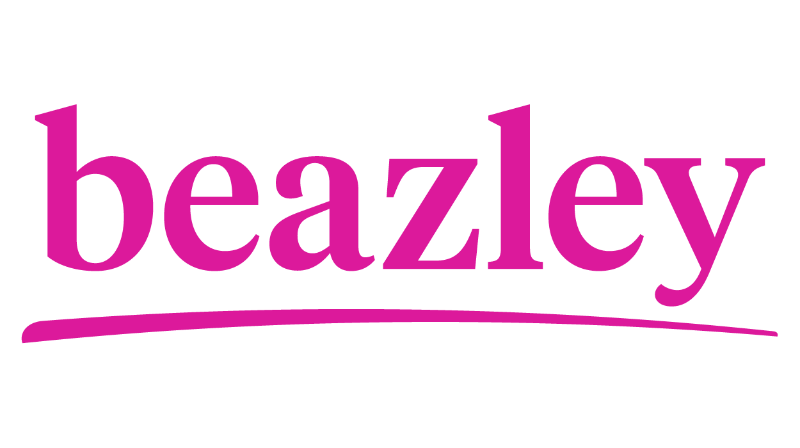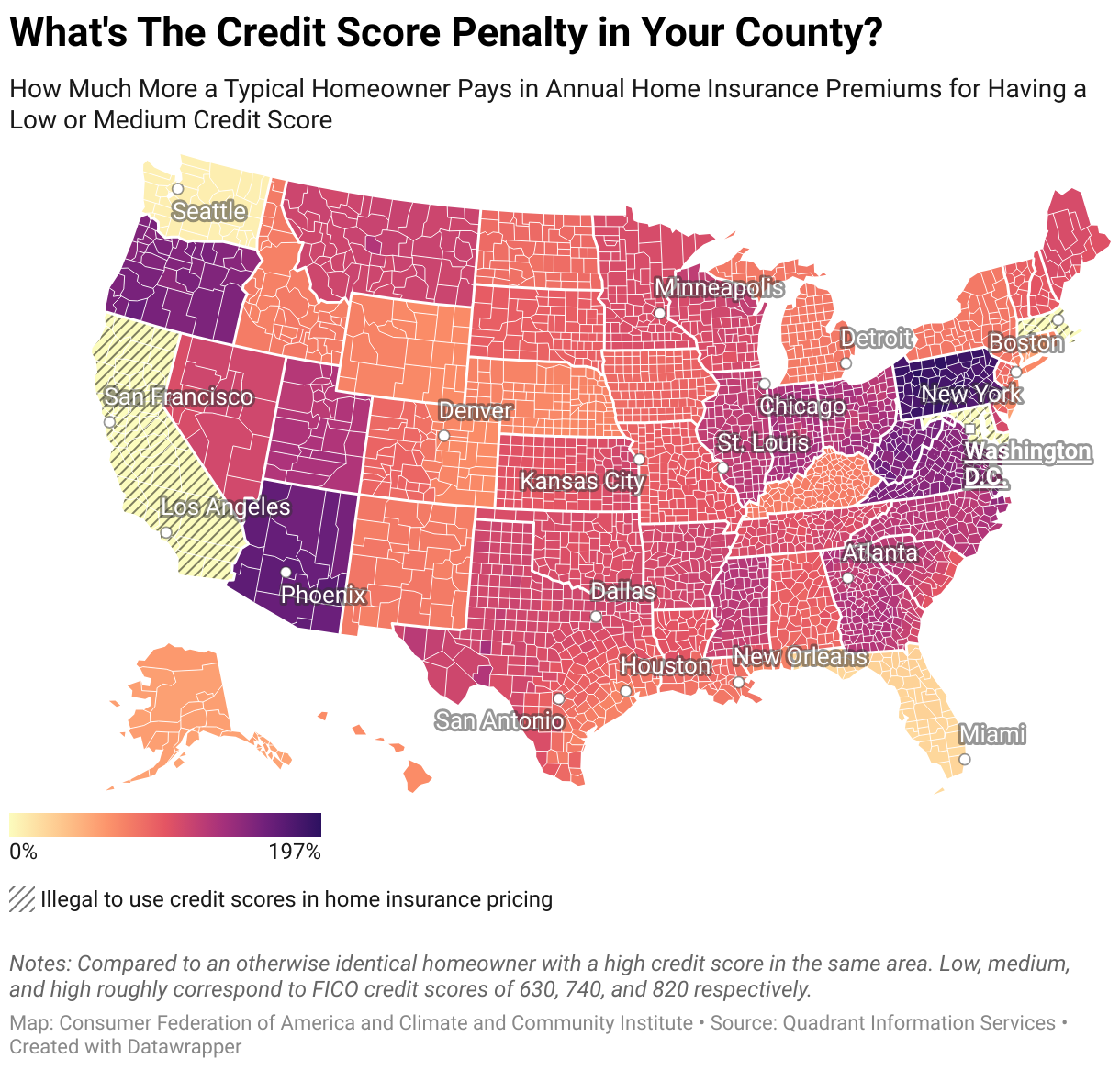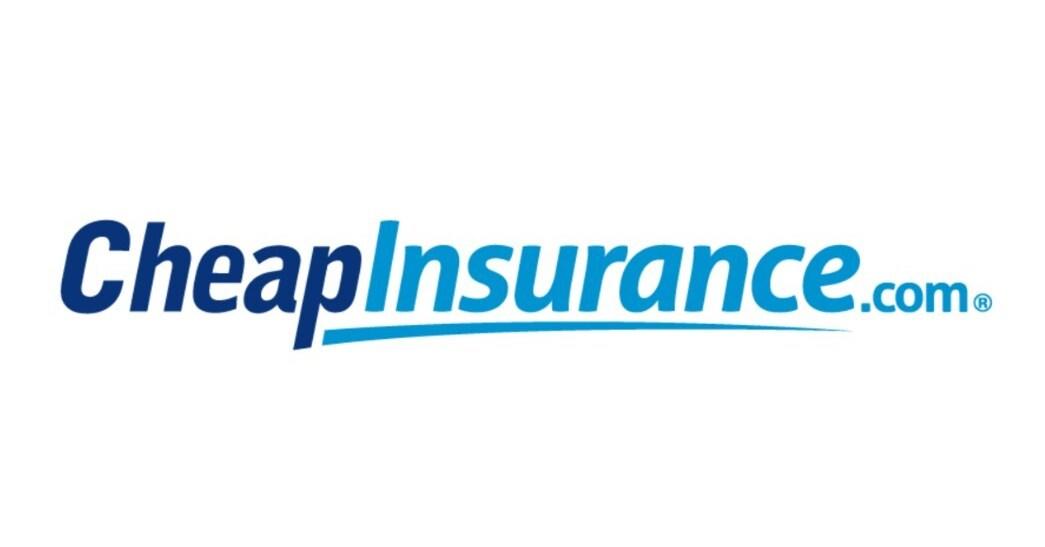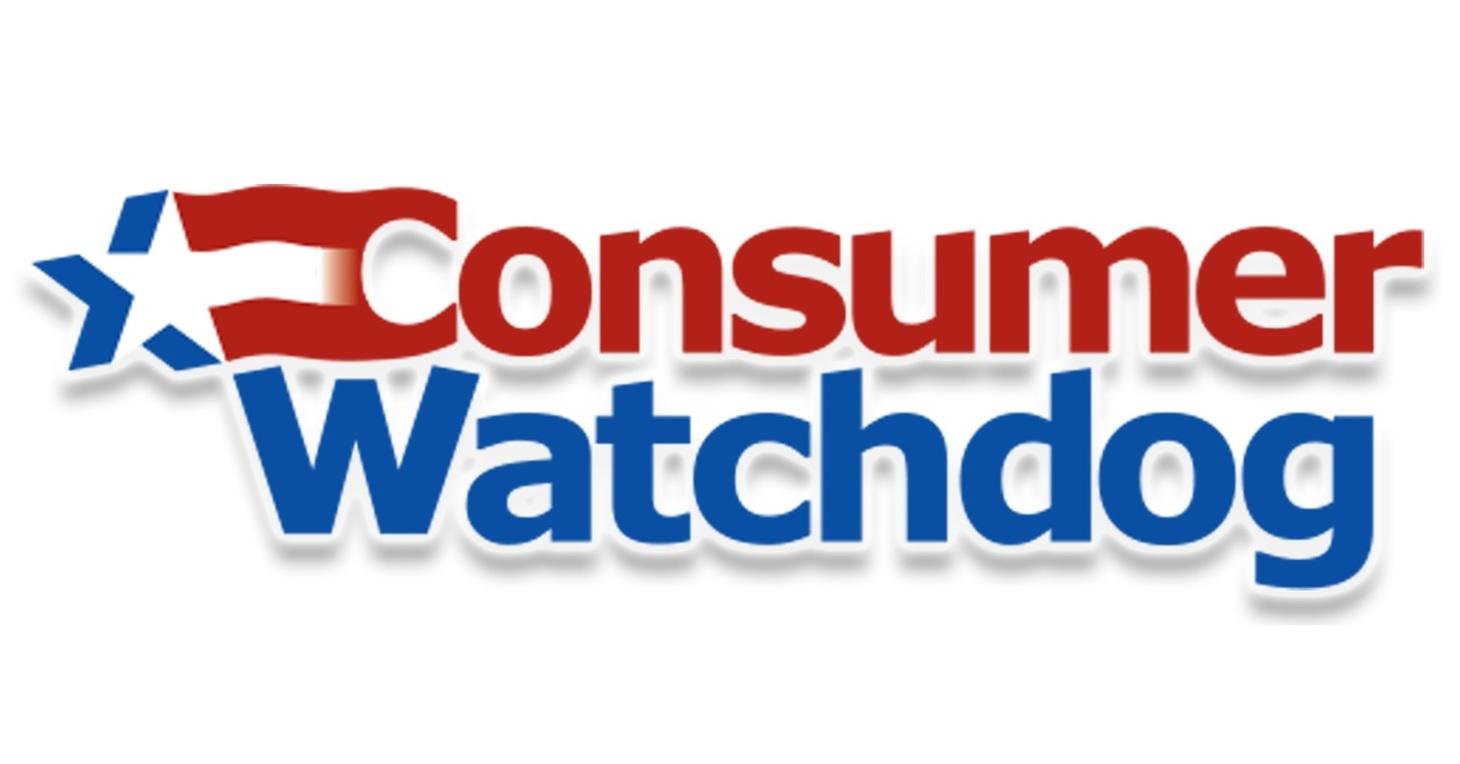News

Body Tech Job Openings Drop Sharply in Collision Shop Slowdown
Of shops responding to a recent survey, only 30% have an opening for a body tech — the lowest percentage seen since the summer of 2020.
The slowdown in claims over the past year has eased one chronic problem in the industry: the technician shortage.
Nearly half of about 300 shops responding to survey conducted this summer by CRASH Network said they were fully staffed and had no open positions they were looking to fill — the highest percentage to say that since a similar survey in June of 2020 during the height of the pandemic shut-downs.
Fewer than 1 in 10 shops, for example, said they were in need of a new estimator. Even the need for additional body techs, always the position most in demand at shops, dropped sharply, with just 30% of shops saying they have an opening for one. That number typically hovered around 60% in prior surveys, and never dipped below 50% from 2021 to 2023; even in the summer of 2020, 28% of shops were still looking for a body tech.
Less than 1 in 5 shops said they would hire two or more techs if given the opportunity, and 44% said they wouldn’t hire any. Taken together, the survey findings indicate there are now just 79 openings for a body tech for every 100 shops, far below the 164 openings per 100 shops recorded back in the fourth quarter of 2021.

Camaro ZL1 tops chart of most-stolen vehicles
The Chevrolet Camaro ZL1 raced to the top of the list of America’s most-stolen vehicles, while a software upgrade helped reduce theft rates for Hyundai and Kia vehicles, new research from the Highway Loss Data Institute shows.
The Camaro ZL1 and the regular Camaro account for two of the five most-stolen model year 2022-24 vehicles, HLDI’s latest analysis shows. Relative to its numbers on the roads, the Camaro ZL1 had a whole-vehicle theft rate 39 times the average for all vehicles. The frequency of whole-vehicle theft claims for the standard Camaro was 13 times as high as the average.
“Muscle cars have often topped this list, as thieves are attracted to vehicles with high horsepower,” said Matt Moore, chief insurance operations officer at HLDI and the Insurance Institute for Highway Safety. “That also helps explain why the more expensive, more powerful ZL1 is stolen so much more often than the standard Camaro.”
Along with the two Camaro variants, pickup trucks and other expensive or high-horsepower models dominate the list of the top 20 vehicles with the highest claim frequencies for whole-vehicle theft.
Financial Results

Beazley grows premiums to $3.19bn in H1'25 amid disciplined market stance - Reinsurance News
Beazley has reported insurance written premiums of $3.19 billion in H1 2025, up 2% from $3.12 billion in H1 2024, with CEO Adrian Cox saying the growth reflects the firm’s disciplined approach and its strategy of prioritising rate adequacy and long-term profitability over short-term income.
Of the total in H1 2025, Property Risks contributed $1.03 billion, Specialty Risks $946.8 million, MAP Risks $552.1 million, Cyber Risks $544.3 million, and Digital $118.2 million.
Beazley also delivered a strong profit before tax of $502.5 million in H1 2025, though it was down some 31% from $728.9 million in H1 2024.
According to the firm, the profit figures reflect its continued ability to navigate complex market conditions with “discipline and agility”.
Meanwhile, Beazley’s insurance service result in H1 2025 was $493.7 million, down from $558 million in H1 2024, resulting in a discounted combined ratio of 80.3% and an undiscounted combined ratio of 84.9%.
AI in Insurance

Insurtech aims for AI insurance agent by yearend - Business Insurance
Calling it a “provocative step that signals a seismic shift in the insurance landscape,” insurtech company Superagent AI on Tuesday announced its goal to launch the first “fully autonomous AI insurance agent” by the end of this year.
The new technology would handle “every aspect of insurance advisory, sales, and customer service, around the clock, and more efficiently than traditional agents,” the company said in a news release.
The objective “sets the stage for intense industry debate, asserting that AI-driven insurance agents will outperform human counterparts in accuracy, responsiveness, and customer satisfaction.”
San Francisco-based Superagent AI predicts that “within the next year, traditional insurance agent roles will drastically evolve or risk obsolescence.”
2025 Insurance Trends: AI, Blockchain, and Insurtech Innovations
As the insurance sector hurtles into the latter half of 2025, industry executives are grappling with a confluence of technological advancements that promise to redefine operations, from underwriting to claims processing. Artificial intelligence, once a buzzword, has matured into a cornerstone tool, enabling predictive analytics that forecast risks with unprecedented accuracy. According to a recent report from Insurtech Insights, leaders anticipate AI-driven personalization will dominate, tailoring policies to individual behaviors captured via wearables and IoT devices.
This shift isn’t without challenges. Insurers must navigate data privacy concerns amid stricter regulations, while integrating AI with legacy systems demands substantial investment. Gary Coffey, CTO at Spectrum.life, highlighted in a Wolters Kluwer analysis how predictive insights are moving the needle from reactive to preventive strategies, particularly in health insurance where big data aggregates patient histories for proactive interventions.
AI’s Role in Underwriting Evolution
Underwriting, traditionally a labor-intensive process, is undergoing a digital overhaul. Experts at Send Technology outline 10 key trends for 2025, including automated risk assessment powered by machine learning algorithms that analyze vast datasets in real time. This not only speeds up approvals but also reduces human error, potentially cutting costs by up to 30% for commercial lines.
Research

Home Insurers Care More About Consumers’ Credit Score than Disaster Risk, New Research Shows
A typical homeowner with a “low” credit score will pay nearly $2,000 more each year – or almost double the price – for their insurance premiums than their otherwise identical neighbor with a “high” credit score, according to Penalized: The Hidden Cost of Credit Score in Homeowners Insurance Premiums, a report issued today by the Consumer Federation of America (CFA) and Climate and Community Institute (CCI).
The report, which calculates premiums for a typical homeowner in virtually every ZIP code in the United States, also found that it was more expensive to have a low credit score than to live in an area with high disaster risk. Average premiums for homeowners with low credit scores who live in areas with little risk of natural disasters were often higher than those for high credit score homeowners who live in high-risk communities.
The report was released in conjunction with a working paper with a detailed technical analysis of the data by Dr. Nick Graetz, Assistant Professor of Sociology at the University of Minnesota and Fellow with the Climate and Community Institute.
The groups said that the skyrocketing cost of homeowners insurance is unfairly compounded for people who maintain safe homes but have credit scores that are average or worse. The report showed that even homeowners with medium credit scores -roughly equivalent to a 740 FICO score – pay an extra $792 per year, or 39 percent more, compared with otherwise similar customers who have high credit scores.
“Your credit score shouldn’t determine whether you can afford to insure your home,” said Sharon Cornelissen, Director of Housing at CFA and co-author of the report. “Homeowners who have done everything right – kept up their homes, avoided claims – are still getting hit with higher premiums just because of their credit scores. Combined with years of skyrocketing premiums, this pricing practice is pushing the dream of homeownership ever further out of reach for millions of Americans, especially younger buyers and families of color.”

College Students Driving for Uber & Lyft Face Insurance Coverage Gap
A new analysis reveals that as 40% of college students turn to Uber, Lyft and delivery services, they unknowingly face insurance coverage gaps, potentially bankrupting families.
As college students nationwide head back to campus this month, a hidden financial crisis is brewing that could devastate families: millions of students driving for Uber, Lyft, and delivery services are unknowingly operating in dangerous "coverage gaps" where neither their parents' auto insurance nor company-provided policies apply, leaving them exposed to potentially catastrophic financial liability.
New analysis by CheapInsurance.com reveals that the intersection of college financial pressures and the gig economy has created a perfect storm of insurance vulnerabilities that threatens the financial security of students and their families at the worst possible time.
As college students turn to Uber, Lyft, and delivery services, they unknowingly face costly insurance coverage gaps.
College students are increasingly turning to rideshare and delivery driving as a financial lifeline. Recent data shows that 40% of full-time college students now work while attending school, with many gravitating toward gig work's promise of flexible hours that can accommodate class schedules. Meanwhile, 30% of adults under age 30 participate in some form of gig economy work, making college-age students the largest demographic in this rapidly expanding sector.
"Students think they're solving their financial problems by driving for these apps, but they're actually creating potentially devastating insurance exposures that could bankrupt entire families," said Fausto Bucheli, Jr, President of CheapInsurance.com.
Climate/Resilience/Sustainability
Heat wave in Europe, over 40 degrees Celsius
Heat wave in Europe reaches records: Temperatures escalate alarm in France and other regions
A severe heat wave is sweeping across Europe, with temperatures reaching and breaking records in several key countries. Currently, a weather map of Europe shows large areas of deep red, warning of extreme increases in temperatures, reports albinfo.ch.
In Spain, southern France and Italy, temperatures are expected to reach 38 degrees Celsius on Tuesday, while in the French city of Lyon, MeteoNews predicts even 40 degrees Celsius on Wednesday. This heat wave will reach its temporary peak in these regions, causing great concern for the population and authorities.
France is particularly hard hit by these record temperatures. Temperatures above 40 degrees Celsius are reaching historic levels, which has led the country to declare a state of emergency.
Météo France has issued the highest heat warning, red, for 14 departments, while 64 others are under orange warning. The population has been advised to take extra care against the effects of the heat, especially during the hottest hours of the day.
These extreme temperatures have had serious consequences. In France, the largest forest fire in decades has broken out, forcing authorities to take urgent measures. In addition, other active fires are keeping authorities on alert in Italy, Greece and Turkey, adding to concerns about safety and the environment.
InsurTech/M&A/Finance💰/Collaboration
Sapiens to be acquired by Advent for $2.5 Billion
Sapiens International Corporation N.V. (NASDAQ: SPNS) (TASE: SPNS), "Sapiens" or the "Company"), a global leader in intelligent SaaS-based software solutions to the insurance industry, today announced that it has entered into a definitive agreement (the "Agreement") to be acquired by Advent, a leading global private equity investor, for $43.50 per common share, in an all-cash transaction that values Sapiens at an equity value of approximately $2.5 billion.
Existing Sapiens shareholder Formula Systems (1985) Ltd. ("Formula") will retain a minority stake in the Company.
Strategic Rationale and Benefits
This strategic combination marks a significant milestone in Sapiens' journey, enabling the company to accelerate its innovation roadmap and expand its global reach. Advent's deep expertise and resources will empower Sapiens to deliver even greater value to its customers, employees, and partners. Together, Sapiens and Advent will drive digital transformation in the insurance technology sector, leveraging Sapiens' robust technology and Advent's operational expertise to help unlock new solutions and enhance customer outcomes.
"This transaction marks a significant milestone in Sapiens' journey, reinforces the success of our strategy, our commitment to delivering exceptional value to our customers, and the strength of our global team. Following a deliberate process, the Board of Directors approved this transaction, which delivers an excellent outcome for Sapiens' shareholders, providing them a substantial cash value at an attractive premium," said Roni Al-Dor, Chief Executive Officer of Sapiens. "
Commentary/Opinion

Consumer Watchdog's Statement On Initiative Filed To Repeal Prop 103'S Consumer Protections
[Ed note: Counterpoint - keeping rates lower than national averages is misleading as California drivers have some of the leanest property damage and liability policy limits which is not an apples to apples comparison. Likewise, the objective of any regulation must be balanced to ensure fair rates, adequate insurance availability, competition and a healthy insurance marketplace which attracts and retains insurers. Suppression of rates may have shown savings in auto but is proving massively costly to homeowners in the long run]
Proposition 103 has been a huge success for California policyholders, keeping insurance rates lower than national averages and holding insurance companies accountable for their actions. The law has saved drivers alone over $150 billion on their auto insurance rates since 1988, according to the Consumer Federation of America. Eliminating Prop 103's consumer protections, including public review and approval of insurance rates and an elected insurance commissioner, would mean skyrocketing rates for home and auto policyholders.
We are evaluating the ballot measure recently filed by an insurance agent and see no sign of a serious campaign behind it or the millions that would be necessary to qualify it for the ballot.
What we know is that consumers want more, not less, accountability from the insurance industry. Consumer Watchdog polling shows voters overwhelmingly support a plan to require insurance companies to cover all those who fireproof their homes, with 77% in support and 15% opposed – with broad support across gender, party, age, income, residence type and region. See the polling.
National polls also show consumers overwhelmingly blame insurance companies for the insurance crisis. A March 2025 poll by Data for Progress and the Insurance Fairness Project found that respondents blame insurance executives for skyrocketing insurance rates, with 85% saying they were "very" or "somewhat responsible." See the polling.
Twice in recent history the insurance industry tried and failed to convince the voters to overturn provisions of Prop 103. Proposition 17 in 2010 and Proposition 33 in 2012, sponsored by Mercury Insurance, sought to eliminate Prop 103's prohibition on raising prices on poor drivers who have a break in their insurance coverage. The voters rejected both attempts to eliminate the law's consumer protections.
What consumers need now is stronger enforcement of Prop 103's protections against price gouging and collusion, not a free pass to raise rates unaccountably.
Today

5-Year Cost of Litigation Funding to Commercial Insurers Could Top $25B
Christopher Swift, chair and chief executive officer of The Hartford, was taken aback by a question from an analyst during the company’s second-quarter earnings call about the impact of litigation finance on the insurer’s results.
“It’s showing up in our loss trend, [and] our allocated loss expenses. We’re spending more time and money on something that turned our judicial system into a gambling system. Are you serious?”
Podcast Sponsor

Audio Version - 'Connected: The Podcast' --- Sponsored by Pulse Podcasts
The ‘Connected’ Podcast by Alan Demers and Stephen Applebaum, is a condensedaudio version of the day's ‘Connected' newsletter, a daily scan of all the happenings in the world of Insurance & InsurTech News.
Pulse Podcasts: Introduce a new way for your audience to hear your voice! We are a podcast creation service that helps businesses turn their written content, like blog posts and news articles, into beautiful podcasts. Our platform writes the script, records the voices, and mixes the audio to create engaging content for your audience. It's affordable and has super-fast turnaround!
LISTEN AND SUBSCRIBE BELOW
